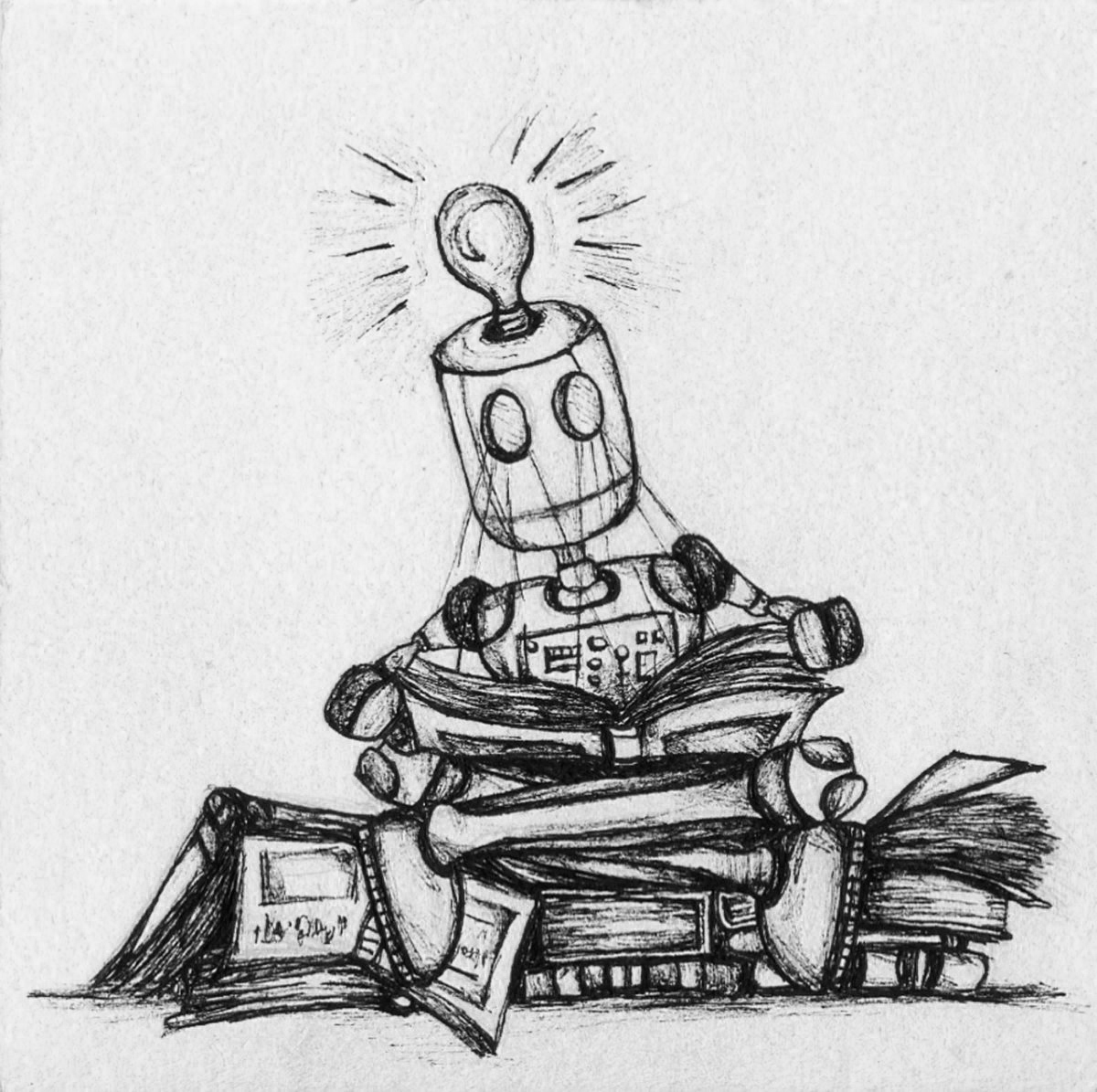In business, the Equity Theory of employee motivation describes the relationship between how fairly an employee perceives he is treated and how hard he is motivated to work. Peter Drucker, an author who specialized in economics, first proposed the link between Equity Theory and employee motivation.
The basic idea behind the Equity Theory is that workers, in an attempt to balance what they put in to their jobs and what they get from them, will unconsciously assign values to each of his various contributions.
In addition to their time, workers contribute their experience, their qualifications, and their capability in addition to their personal strengths such as acumen and ambition. Money, of course, is the primary motivating outcome for an employee, but it is not the only, and in some cases not even the most important, factor. Power and status are also prime motivators, as are flexibility, perquisites and variety.
According to the Equity Theory, the most highly motivated employee is the one who perceives his rewards are equal to his contributions. If he feels that he is working and being rewarded at about the same rate as his peers, then he will judge that he is being treated fairly.
This doesn’t mean that every manager should treat every employee identically, because every worker does not measure his contributions in the same way. For example, flexible working hours might motivate a working mother even more than a pay raise. Conversely, though an across-the-board wage increase may delight most employees, the highest producers may become less motivated if they perceive that they are not being rewarded for their ambition. Research on Equity Theory and employee motivation has shown that, in general, over-rewarded employees will produce more and of a higher quality than will under-rewarded, less motivated employees.




